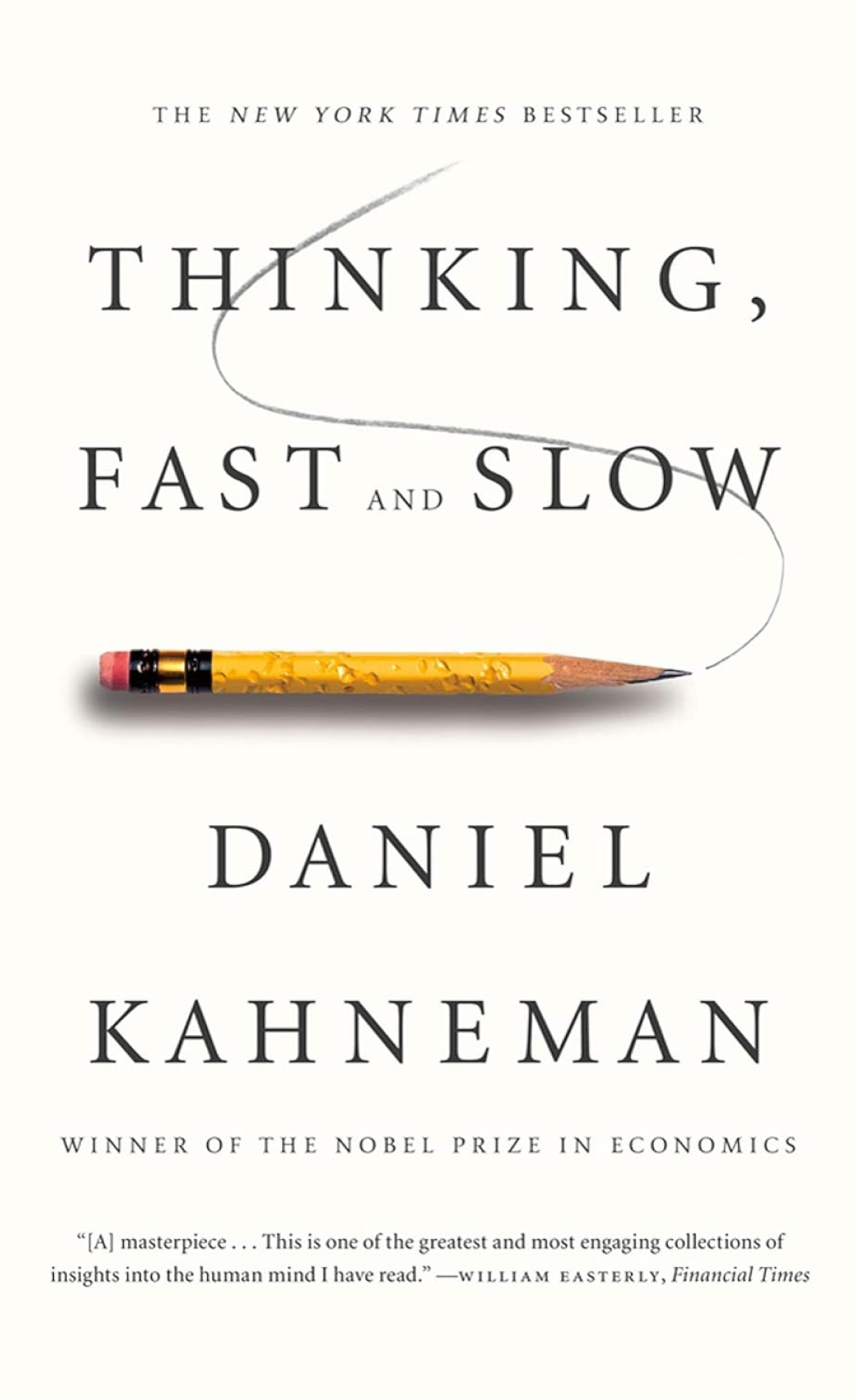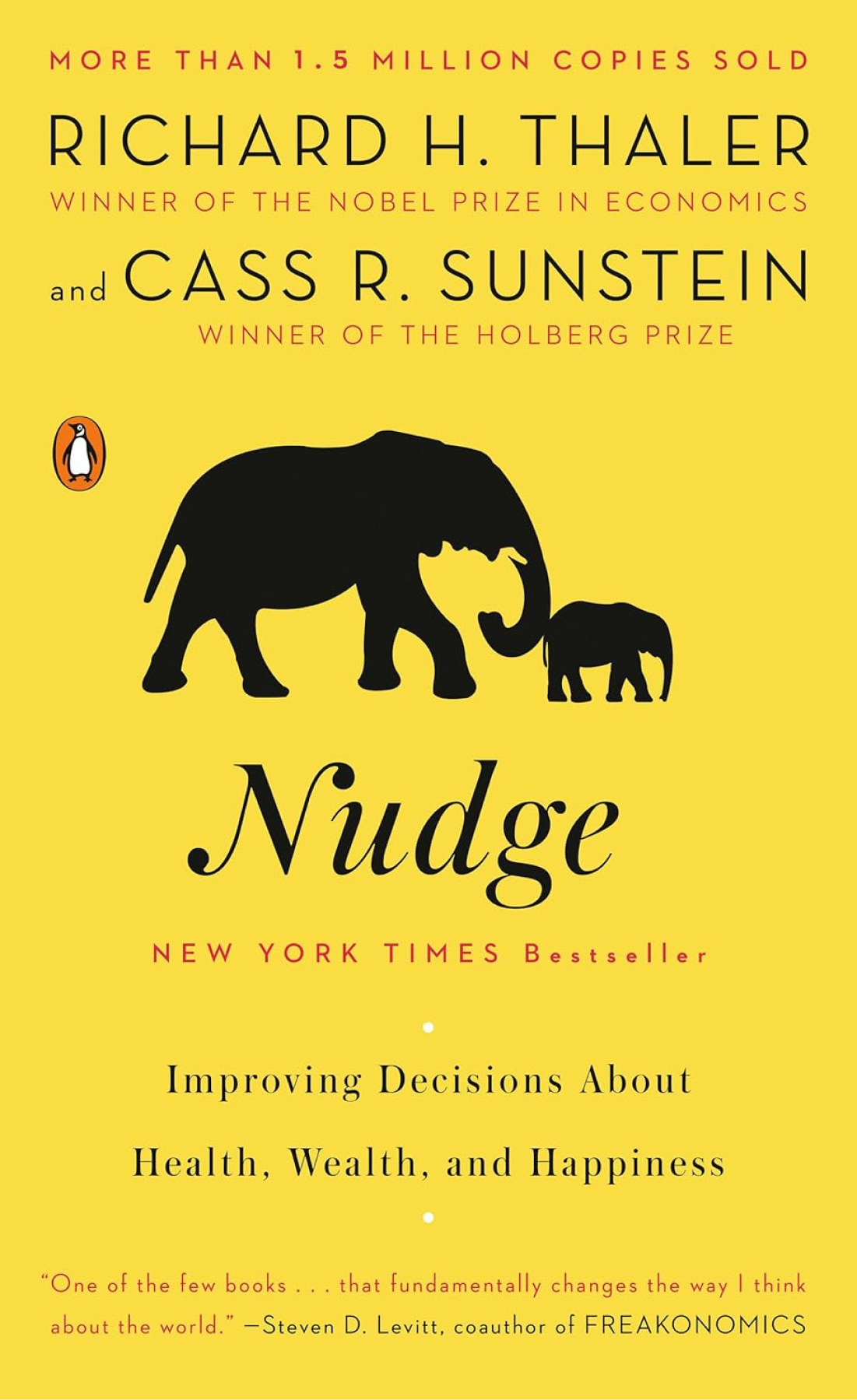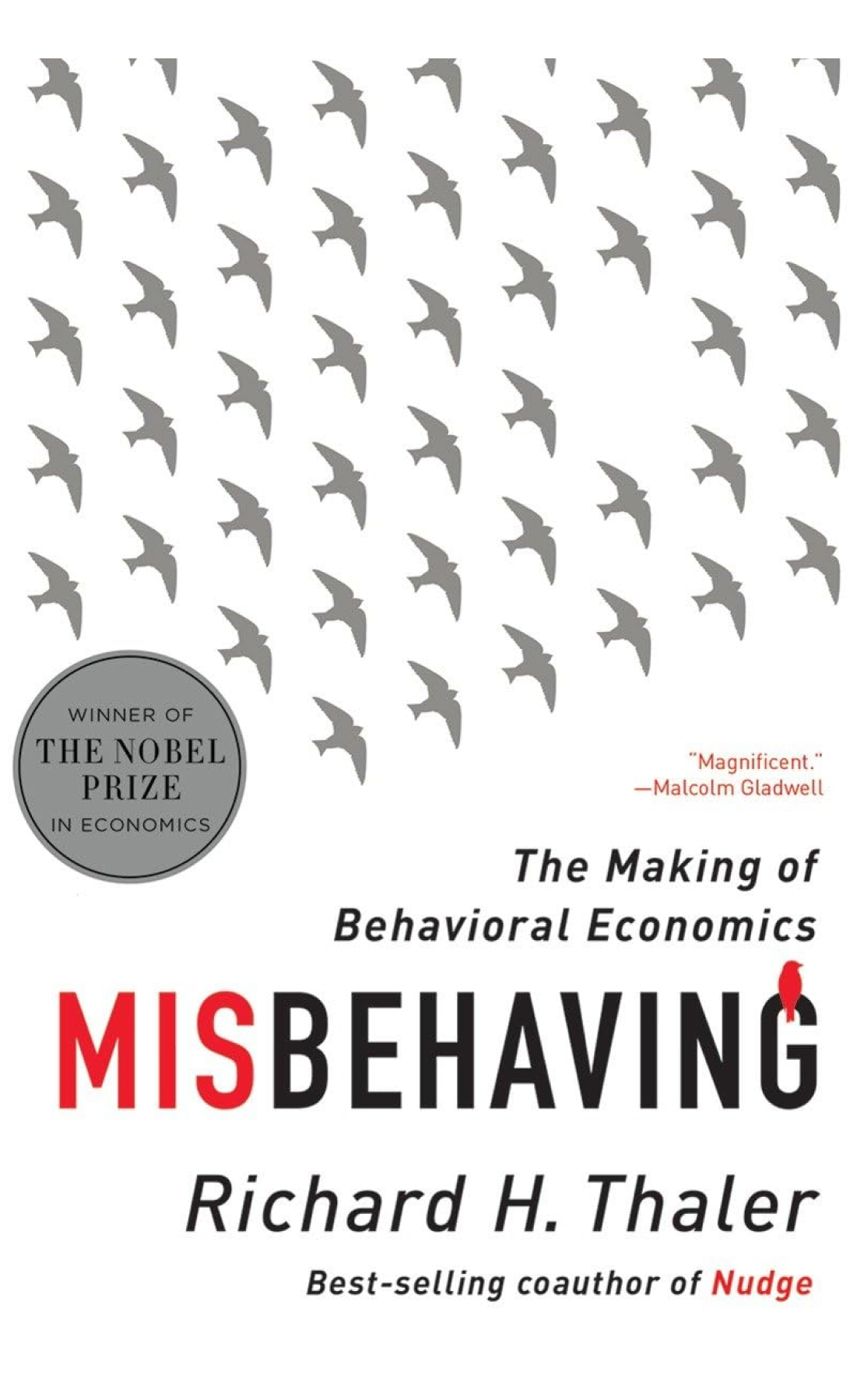Major concepts

Loss Aversion
Loss Aversion is the tendency to avoid losses more strongly than seeking equivalent gains. It's key to understanding decision-making biases and influences many choices we make daily.

- Losses feel more impactful than gains of the same size.
- Loss Aversion affects financial and personal decisions.
- Be mindful of biases like the sunk cost fallacy and endowment effect.
- Use strategies to overcome Loss Aversion for better decision-making.
Loss Aversion is a fundamental idea in behavioral economics. It explains why people fear losses more than they value equivalent gains.
The pain of losing is often twice as powerful as the pleasure from gaining. Understanding this helps us see how it affects our choices and risk assessments.
Why Loss Aversion Matters
Loss Aversion plays a big role in how we behave, influencing many decisions:
- It impacts financial choices, like holding onto losing stocks longer due to a reluctance to realize a loss.
- It shapes negotiation strategies, leading people to compromise more readily when facing possible losses.
- It drives consumer behavior, making people prefer guaranteed rewards over uncertain but potentially better outcomes.
Recognizing these patterns helps in personal finance and business planning.
How It Leads Us Astray
Loss Aversion can cloud our judgment:
- People often hold onto bad investments hoping they'll recover, known as the sunk cost fallacy.
- It can cause us to overvalue what we already own compared to new options.
Richard Thaler’s endowment effect illustrates this—once we own something, we assign it higher value than before.
For example, homeowners tend to overprice their homes due to emotional attachments.
How to Combat Loss Aversion
To manage Loss Aversion, we need to reframe our thinking:
- Avoid emotional decisions by setting rules for actions, especially in investments.
- Assess risks and benefits based on data, not instinct.
- Focus on the long-term perspective and your bigger goals, not just short-term losses.
- Seek external feedback to balance your view and counteract biases.
By addressing Loss Aversion, we can make more rational choices that align with our true goals.
Recognizing these tendencies helps in forming better strategies for both personal and professional growth.




